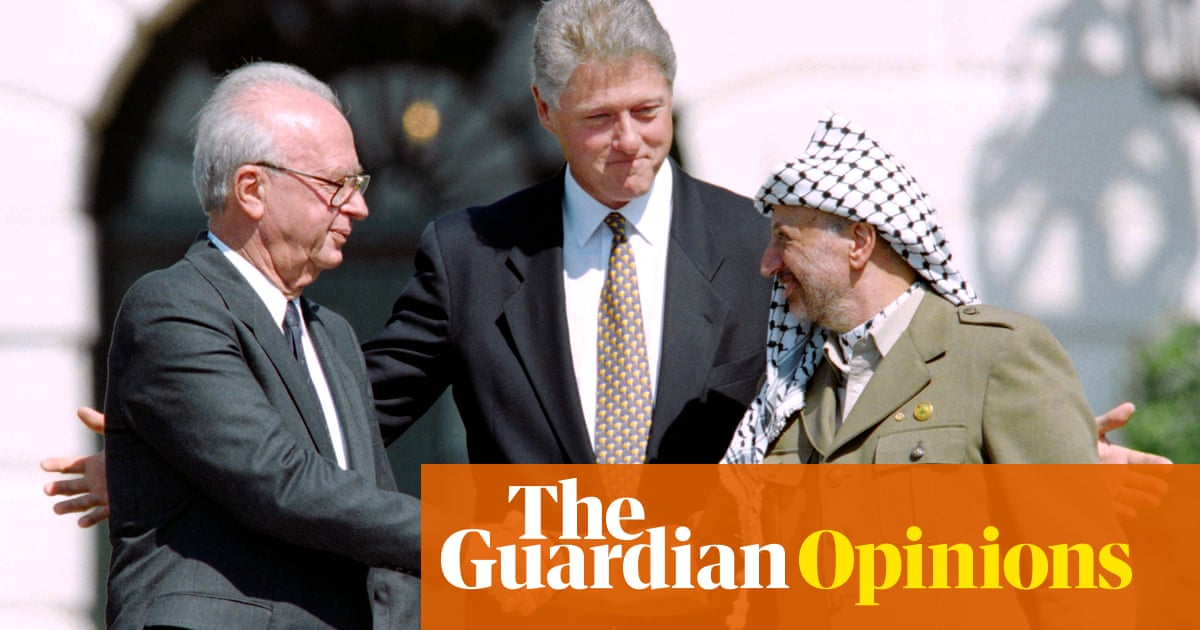
Khue-reyen is a wistful ditty, sung originally by Swiss milkmaids and capable of provoking such paroxysms of longing in mercenary soldiers during the thirty years’ war that it was banned. The penalty for playing it, sapping morale and inciting desertion, was death.
The depressive malaise of 17th-century soldiers led to the first diagnosis by Johannes Hofer, a Swiss doctor, of a condition he called nostalgia. The word is assembled from Greek – nostos, meaning home; algos, meaning pain. The meaning has changed over time. Only relatively recently has it shed the connotation of neurosis to become a cultural balm – a perfumed distillation of the past applied to bruises inflicted by the present. The home we pine for is attainable only on hallucinatory voyages of time travel.
Politics adds an additional narcotic element. There is no need to have participated directly in past events invoked from a mythologised collective memory. Most of the people who honour the blitz spirit are too young to have endured bombardment by the Luftwaffe, which was not something anyone would anyway want to replicate. It is the heirloom memory of a country bonded in solidarity – social division dissolved in shared endeavour – that animates the sense of longing. Britain is nostalgic for the idea of itself as a place with a common purpose.
There was a taste of it in the first lockdown: the doorstep applause for health workers; the simplification of priorities; the modest but meaningful sense of contribution to an epic struggle by sticking to the rules; the exquisite new poignancy in Vera Lynn singing We’ll Meet Again to families commemorating – at a great social distance – the 75th anniversary of VE Day.
There was also a foretaste of solidarity betrayed by that sunny spring of 2020. It was revealed then how elastically the rules were being interpreted by the people who made them. The duty to stay at home with Covid stretched all the way from north London to County Durham for the convenience of Dominic Cummings.
A generous historian of Boris Johnson’s time in Downing Street may one day find tragic irony in the way events gifted him the perfect opportunity to fulfil a cherished fantasy of Churchillian grandeur – a national emergency requiring leadership that transcended partisan division. But the monstrous vanity that made him crave such a moment also rendered him unequal to it. It would be a tragedy without pathos, which requires self-knowledge in the downfall. It may instead be a farce of mistaken identity in which a vaudevillian cad is required to appear in the place of a serious statesman, but it isn’t funny.
Johnson’s government increasingly has the feel of punchlines falling flat in an emptying theatre. He loses his audience when he pleads for laughs. That is how the restoration of a right to advertise goods in imperial units, for example, comes across. It is meant as a dividend of Brexit sovereignty, but the paltriness of the gain highlights instead the pointlessness of the exercise. Even Eurosceptic ultras can hear the difference between a drum being beaten and a barrel being scraped.
It fails even as a device to mobilise nostalgia around the Queen’s platinum jubilee. No one stopped drinking beer by the pint or declaring their height in feet when Britain went metric. Not enough was lost to make the restoration a cause for cheer, except in the eccentric social circles that stubbornly refused to measure their circumference in centimetres.
Excessive dwelling on old customs misunderstands the jubilee. An event marking the fact of one monarch occupying the throne for 70 years is, by definition, retrospective. Some harking back is de rigueur. But the potency of the occasion is in the continuous reign that encompasses all the social and cultural change up to the present day. If it were a festival only about Britain as it was in 1952, it wouldn’t attract so much participation from Britain as it is in 2022. It helps that Elizabeth II is a very old woman who embodies resilience and harmlessness in ways that defy politicisation. The sight of Prince Charles in dress uniform, weighed down in martial bling at the state opening of parliament earlier this month, was a glimpse of how different the monarchy will feel after the succession.
This is something that also befuddles the cult of the puritan left that flinches from flags, bunting and anthems. It isn’t a segment as influential as its culture warrior antagonists on the right claim, but nor is it entirely a figment of their reactionary imaginations. Each generation of left activists has to learn the hard way that denigrating patriotic symbols is self-defeating; that it amounts to surrender in the battle to narrate history, ceding control of the story to nationalists.
The same applies with nostalgia. Insecurity in the present moves people to recall the past fondly. The memories that people draw on for that comfort are stored with intimate notions of identity and belonging. People who are told their ideas of the national past are all myth and delusion feel it as an existential attack, which makes them indisposed to correct the record.
It is easy to see why a failing prime minister would try to siphon off some jubilee spirit to restore his own sagging fortunes and how that might provoke a culture war backlash. But it is the irrelevance of those arguments to most people’s celebration that makes it a holiday. There are no partisan points to be scored from an event that promises relief from politics, and the rarity of that relief is what turns memories into a resource for future nostalgia.
Rafael Behr is a Guardian columnist












